
GAG LAWYERS -
GROVER & GROVER ADVOCATES

GAG LAWYERS -
GROVER & GROVER ADVOCATES

Human Rights Lawyer in Faridabad, Human Rights Lawyer in Belgaum, Human rights in India seek advice from the essential rights and freedoms that each character within the India. Is entitled to. These rights are enshrined inside the Constitution of India and guarded with the aid of numerous legal guidelines and guidelines.
The Constitution of India guarantees several human rights, including:
Right to equality: This includes the proper to equal treatment underneath the law, regardless of ones gender, caste, religion, or race.
Right to freedom: This includes the proper to freedom of speech and expression, freedom of assembly, freedom of movement, and freedom of religion.
Right to life and personal liberty: This includes the right to live with dignity, the right to be unfastened from torture or inhumane treatment, and the proper to personal liberty.
Right to education: This consists of the proper to free and obligatory training for all kids between the a while of 6 and 14.
Right to work: This consists of the proper to paintings and earn a living wage, as well as the right to shape and join exchange unions.
Right to health: This includes the proper to get admission to healthcare facilities and services.
In addition to those rights, India is also a signatory to diverse global treaties and conventions on human rights, inclusive of the Universal Declaration of Human Rights and the International Covenant on Civil and Political Rights. The authorities of India has also hooked up several establishments, such as the National Human Rights Commission, to promote and shield human rights inside the Country.
India has a rich cultural and social records, and the Constitution of India recognizes the diversity and pluralism of its society. The Constitution guarantees now not handiest essential rights but additionally the proper to cultural and educational autonomy to its citizens, specially minorities. The Constitution also protects the rights of ladies, youngsters, and vulnerable sections of society, consisting of the disabled and the elderly.
To cope with these troubles, the authorities of India has taken numerous measures to promote and guard human rights. The National Human Rights Commission and State Human Rights Commissions have been installed to research complaints of human rights violations and make hints for redress. The government has also enacted legal guidelines together with the Protection of Women from Domestic Violence Act, 2005, and the Juvenile Justice (Care and Protection of Children) Act, 2015, to guard the rights of girls and kids.
In end, whilst India has made great progress in promoting and protective human rights, there's nonetheless a protracted manner to go. The government, civil society agencies, and individuals have to paintings collectively to make sure that each person in the us of a can enjoy their essential rights and stay with dignity and admire.
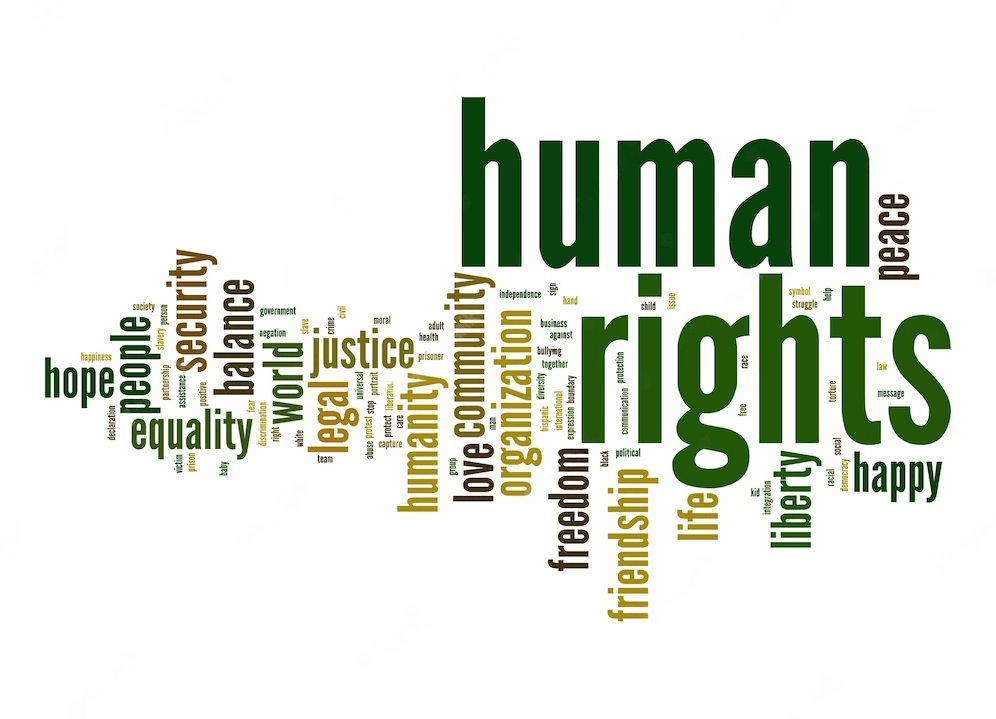
There are numerous one-of-a-kind varieties of human rights recognized beneath Indian regulation. These consist of:
Civil and Political Rights: These rights shield the people freedom, dignity, and autonomy. Examples encompass the right to existence and liberty, the proper to equality, the proper to freedom of speech and expression, the proper to a truthful trial, and the right to privacy.
Womens Rights: These rights in particular cope with issues of gender-based totally discrimination, violence, and inequality. Examples include the right to equality, the right to protection from sexual harassment and home violence, and the proper to reproductive health.
Economic, Social, and Cultural Rights: These rights defend an individuals properly-being, standard of residing, and social welfare. Examples encompass the proper to schooling, the right to health, the right to paintings and a first rate residing wage, the proper to housing, and the right to meals.
Childrens Rights: These rights are especially geared toward protective the rights and well-being of kids. Examples include the right to schooling, the right to safety from exploitation and abuse, and the proper to a safe and nurturing surroundings.
Minority Rights: These rights protect the rights of spiritual, linguistic, and ethnic minorities. Examples encompass the proper to cultural and academic autonomy, the right to freedom of religion, and the proper to safety from discrimination.
Rights of Persons with Disabilities: These rights defend the rights of folks with disabilities and promote their full participation in society. Examples consist of the right to training, the right to employment, the right to access healthcare, and the proper to accessible public areas.
Environmental Rights: These rights cope with environmental issues and sell sustainable development. Examples consist of the right to easy air and water, the right to a wholesome surroundings, and the right to the safety of natural sources.
It is essential to word that those rights are not jointly exclusive, and many of them are interconnected. For example, the right to education and the right to paintings are important for ensuring financial and social empowerment, which in turn can assist promote civil and political rights. Similarly, defensive the environment is important for making sure the nicely-being of individuals and groups and is closely linked to several other human rights.
The Constitution of India ensures numerous essential rights, including the proper to equality, the proper to freedom of speech and expression, the right to life and liberty, and the right to constitutional remedies. The Constitution also provides for affirmative action in the shape of reservations for marginalized communities, including scheduled castes, scheduled tribes, and other backward classes.
Several legal guidelines had been enacted to shield human rights in India, consisting of the Protection of Human Rights Act, 1993, the Right to Information Act, 2005, and the Sexual Harassment of Women at Workplace (Prevention, Prohibition, and Redressal) Act, 2013. Additionally, India has ratified numerous international human rights treaties, which include the International Covenant on Civil and Political Rights and the Convention at the Rights of the Child.
The National Human Rights Commission (NHRC) and the State Human Rights Commissions (SHRCs) were mounted to research court cases of human rights violations and make hints for redress. The NHRC and the SHRCs can also provoke suo motu investigations into human rights violations.
Civil society corporations, human rights activists, and the media play a crucial role in promoting and defensive human rights in India. These agencies paintings to raise public recognition of human rights problems, endorse for policy exchange, and provide legal and other kinds of help to victims of human rights violations.
In conclusion, even as India has made enormous development in recognizing and defensive human rights, challenges nevertheless continue to be. Issues which includes discrimination, violence, and inequality preserve to have an effect on marginalized groups. Therefore, it's miles important for the government, civil society businesses, and people to work together to make certain that each one human rights are reputable, blanketed, and fulfilled.
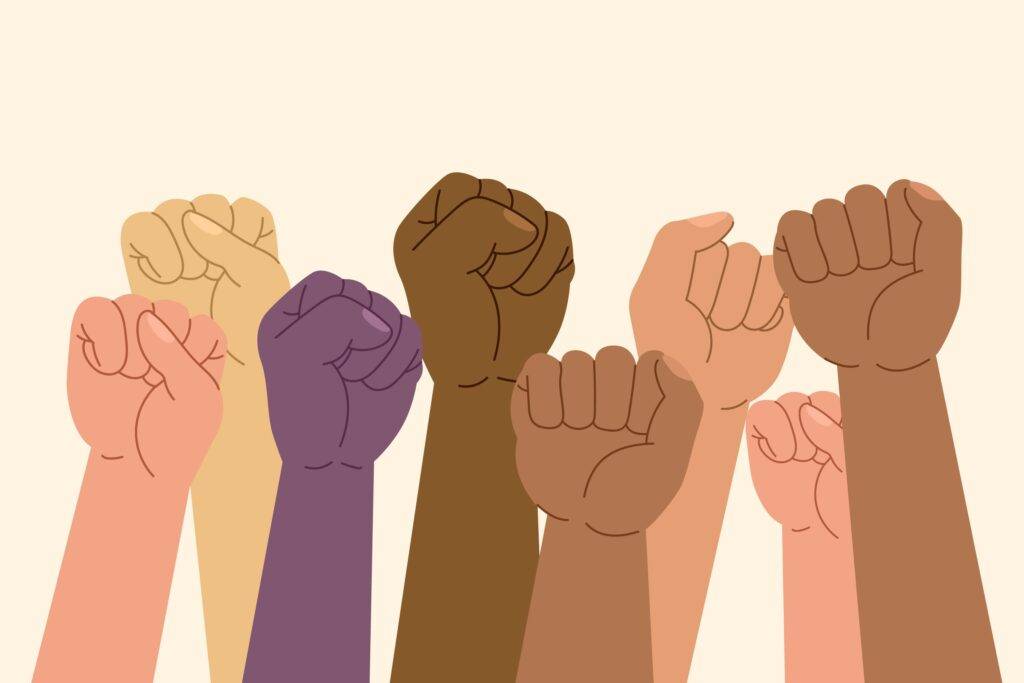
The criminal framework of human rights in India is primarily based on numerous resources, such as the Constitution of India, home laws, and international human rights treaties.
Constitution of India: The Constitution of India is the supreme regulation of the land and presents the framework for the protection and advertising of human rights. The Constitution guarantees several fundamental rights, including the proper to equality, the proper to freedom of speech and expression, the right to life and liberty, and the right to constitutional remedies. It also consists of provisions for affirmative movement in the form of reservations for marginalized communities.
Domestic Laws: Several legal guidelines had been enacted to protect human rights in India, along with the Protection of Human Rights Act, 1993, the Right to Information Act, 2005, and the Sexual Harassment of Women at Workplace (Prevention, Prohibition, and Redress) Act, 2013. These laws offer for the safety of civil and political rights, financial, social, and cultural rights, womens rights, kids’s rights, minority rights, the rights of persons with disabilities, and environmental rights.
International Human Rights Treaties: India is a signatory to several international human rights treaties, including the International Covenant on Civil and Political Rights, the International Covenant on Economic, Social, and Cultural Rights, and the Convention on the Rights of the Child. These treaties set out the standards for the protection and promotion of human rights and are binding on the signatory states.
National Human Rights Commission (NHRC): The NHRC became established in 1993 under the Protection of Human Rights Act, 1993. The NHRC is an unbiased statutory body this is answerable for the safety and merchandising of human rights in India. It investigates complaints of human rights violations and makes guidelines for redress. The NHRC also has the energy to initiate suo motu investigations into human rights violations.
State Human Rights Commissions (SHRCs): The SHRCs have been mounted in 1993 beneath the Protection of Human Rights Act, 1993. Each nation in India has its very own SHRC, which is answerable for the safety and promoting of human rights within the state. The SHRCs look into court cases of human rights violations and make guidelines for redress.
Judiciary: The judiciary performs a essential function within the protection and promoting of human rights in India. The Supreme Court and the High Courts have the energy to problem writs for the enforcement of fundamental rights. The judiciary also translates the Constitution and the laws to ensure that they are regular with the standards of human rights.
It is important to observe that even as India has a strong legal framework for the safety of human rights, there are several challenges inside the implementation and enforcement of these legal guidelines.
One of the key demanding situations is the patience of discrimination and inequality in Indian society. Marginalized communities consisting of Dalits, Adivasis, ladies, spiritual minorities, and men and women with disabilities retain to stand discrimination and exclusion in various aspects of life, which includes schooling, employment, and access to justice. The implementation of affirmative movement measures consisting of reservations has been a topic of dialogue and controversy.
Another assignment is the endurance of violence and impunity for human rights violations. Extrajudicial killings, police brutality, custodial torture, and violence in opposition to ladies and children are a number of the troubles that continue to affect Indian society. The lack of duty for perpetrators of human rights violations and the slow tempo of justice regularly bring about a subculture of impunity.

If you believe that your human rights have been violated in India, you can file a complaint with the National Human Rights Commission (NHRC) or the State Human Rights Commission (SHRC) of the respective country. Here are the stairs to document a human rights violation complaint:
1. Identify the Human Rights Commission: Depending on the nature of the criticism and the place of the violation, you want to approach the NHRC or the SHRC of the respective kingdom.
2. Draft the criticism: The criticism should encompass an outline of the incident, the nature of the violation, and the events concerned. You should also provide any supporting files, along with witness statements, clinical reports, and snap shots.
3. Submit the complaint: The criticism may be submitted in individual, through post, or thru e mail to the Human Rights Commission. You can also record an online grievance thru the NHRC or SHRC websites.
4. Acknowledgment of the criticism: The Commission will well known the receipt of the complaint and assign a case quantity.
5. Investigation: The Commission will look at the criticism and can are seeking for extra statistics from the concerned parties.
It is essential to ensure that your complaint is unique, exact, and supported by evidence. The grievance have to include the names and addresses of the parties concerned, the date and place of the incident, and a description of the violation. The proof can consist of files, images, motion pictures, or witness statements.
The NHRC and SHRC have the power to summon witnesses, look at proof, and conduct on-web page investigations. They can also suggest intervening time relief, consisting of scientific treatment, shelter, or protection from harm.
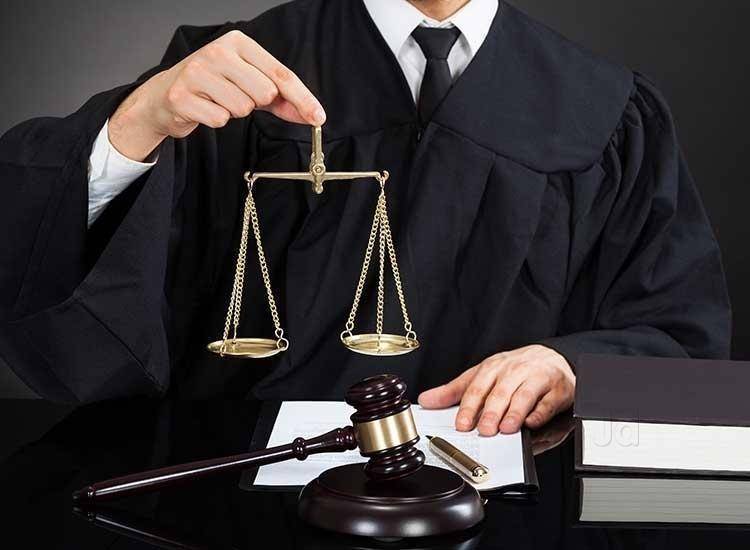
Human Rights Lawyer in Faridabad play a crucial feature within the safety and advertising and marketing of human rights in India. They are vital in ensuring that human rights are reputable, blanketed, and fulfilled with the resource of representing patients of human rights violations, advocating for prison reforms, and keeping the government and different actors liable for human rights abuses.
Here are some of the methods legal professionals can contribute to the safety of human rights in India:
Legal example: Human Rights Lawyer in Faridabad can constitute victims of human rights violations, such as police brutality, custodial torture, extrajudicial killings, and discrimination. They can offer criminal recommendation, report lawsuits and petitions in courts, and pursue prison remedies collectively with compensation, rehabilitation, and criminal prosecution of the perpetrators.
Advocacy and criminal reforms: Lawyers can interact in advocacy and foyer for crook reforms that sell and shield human rights. They can work with civil society groups, policymakers, and distinctive stakeholders to ensure that legal guidelines and regulations are in compliance with human rights necessities and ideas.
Public hobby litigation: Lawyers can document public hobby litigation (PIL) in courts to are trying to find treatments for systemic human rights violations that have an effect on a huge range of human beings. PILs had been instrumental in bringing approximately legal and coverage changes in severa areas, which encompass environmental safety, womens rights, and incapacity rights.
Capacity constructing: Human Rights Lawyer in Faridabad Human Rights Lawyer in Belgaum can contribute to capacity constructing thru accomplishing crook education packages, workshops, and seminars on human rights issues. They can also mentor and guide younger legal experts and regulation students who're inquisitive about pursuing human rights regulation as a career.
Monitoring and reporting:Lawyers can screen and document on human rights violations with the aid of working with human rights groups, civil society agencies, and the media. They can document and record on human rights violations, advocate for responsibility, and raise awareness approximately human rights issues.
Lawyers also can play an vital position in constructing bridges among one-of-a-kind stakeholders concerned in human rights troubles. They can act as intermediaries among patients and perpetrators, between civil society agencies and the authorities, and among exceptional groups and corporations. By promoting communicate, records, and reconciliation, prison professionals can help prevent conflicts and sell the peaceful decision of human rights issues.
In addition, Human Rights Lawyer in Faridabad also can offer pro bono prison offerings to inclined and marginalized groups who might not have get entry to to prison instance, which includes refugees, girls, kids, and individuals with disabilities. By presenting unfastened prison services, lawyers can make certain that human rights are covered and promoted for all, regardless of their monetary or social recognition.
Moreover, legal professionals can make a contribution to the improvement of worldwide human rights regulation and norms thru attractive with global human rights our our bodies which consist of the United Nations and local human rights our bodies. They can participate in global conferences, workshops, and seminars and publish evaluations and petitions to these our bodies to supply interest to human rights violations in India and endorse for their redress.
Finally, Lawyers also can contribute to the development of a subculture of human rights in India thru promoting recognition, training, and participation in human rights troubles. They can have interplay with colleges, universities, and different academic institutions to sell human rights schooling and popularity amongst college students and young people. They can also artwork with the media and civil society companies to sell public awareness and participation in human rights issues.
Overall, Human Rights Lawyer in Faridabad have a essential function to play in selling and protecting human rights in India. They can make contributions to ensuring get entry to to justice by means of the use of advocating for prison reforms, constructing bridges amongst distinct stakeholders, imparting pro bono legal services, enticing with global human rights our bodies, and promoting focus and education approximately human rights issues.
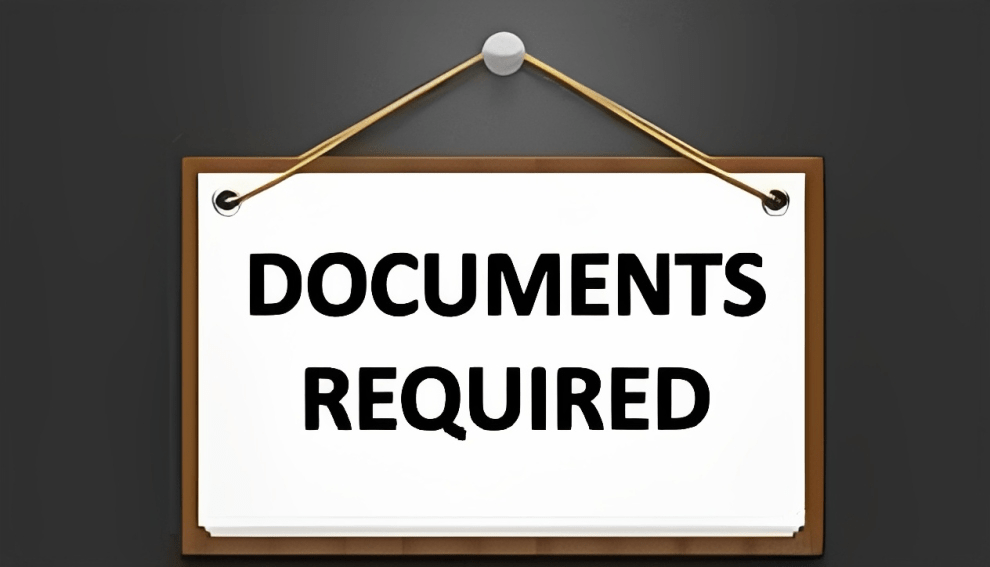
The documents required to file a case of human rights violation in India may vary depending on the specific facts and circumstances of the case. However, here are some of the important documents that may be required:
Complaint or petition: A written complaint or petition is the most important document to file a case of human rights violation. The complaint should clearly describe the facts and circumstances of the violation, including the date, time, place, and persons involved.
Affidavit: An affidavit is a sworn statement made by the victim or witness of a human rights violation. The affidavit should include the details of the violation and the role of the perpetrator, and it should be signed in the presence of a notary public or a judicial officer.
Documentary evidence: Documentary evidence, such as medical reports, police reports, photographs, videos, and other records, can be used to support the complaint or petition. These documents should be relevant and authenticated.
Witness statements: Witness statements can be used to corroborate the victims account of the human rights violation. Witnesses can be identified by the victim or the lawyer, and their statements should be signed and notarized.
Legal documents: Legal documents, such as power of attorney, vakalatnama, and court fee receipts, may also be required to file a case of human rights violation in India.
It is important to note that the specific documents required may vary depending on the forum where the case is filed, such as the NHRC, SHRC, or court. It is advisable to consult a lawyer or a human rights organization to ensure that all the necessary documents are in order before filing a case.

Human Rights Lawyer in Faridabad play a vital function inside the safety and promotion of human rights. They are critical in making sure that human rights are respected, covered, and fulfilled with the resource of representing patients of human rights violations, advocating for felony reforms, and retaining the authorities and exclusive actors answerable for human rights abuses.
Here are a number of the strategies attorneys can make a contribution to the safety of human rights :
Legal representation: Human Rights Lawyer in Faridabad can constitute sufferers of human rights violations, together with sufferers of police brutality, custodial torture, extrajudicial killings, and discrimination. Human rights can offer criminal advice, file complaints and petitions in courts, and pursue prison treatments, which includes reimbursement, rehabilitation, and criminal prosecution of the perpetrators.
Advocacy and legal reforms: Lawyers may have interplay in advocacy and foyer for jail reforms that sell and shield human rights. Human rights in Ludhiana can work with civil society companies, policymakers, and extraordinary stakeholders to make certain that legal guidelines and rules are in compliance with human rights requirements and requirements.
Public interest litigation: Lawyers can report public interest litigation (PIL) in courts to are attempting to find treatments for systemic human rights violations that affect a big amount of people. PILs had been instrumental in bringing approximately criminal and policy modifications in severa regions, which includes environmental protection, womens rights, and incapacity rights.
Capacity building: Lawyers can make a contribution to ability constructing via engaging in prison schooling programs, workshops, and seminars on human rights issues. They also can mentor and guide young attorneys and regulation college students who are inquisitive about pursuing human rights law as a career.
Monitoring and reporting: Lawyers can show and document on human rights violations with the aid of manner of working with human rights organizations, civil society companies, and media. They can report and file on human rights violations, endorse for duty, and lift interest approximately human rights issues.
Our Lawyers also can play an crucial feature in constructing bridges amongst specific stakeholders involved in human rights issues. They can act as intermediaries among victims and perpetrators, between civil society groups and the authorities, and among exceptional corporations and organizations. By promoting speak, know-how, and reconciliation, felony professionals can assist prevent conflicts and promote non violent decision of human rights troubles.
In addition, Lawyers can also offer pro bono legal offerings to inclined and marginalized agencies who won't have get proper of entry to to criminal illustration, along with refugees, girls, kids, and men and women with disabilities. By presenting free prison offerings, lawyers can make sure that human rights are protected and promoted for all, regardless of their financial or social repute.
Moreover, Human Rights Lawyer in Faridabad can make contributions to the development of global human rights regulation and norms via attractive with worldwide human rights our bodies, such as the United Nations and neighborhood human rights our our bodies. Human Rights Lawyer in Faridabad can take part in international conferences, workshops, and seminars, and post reviews and petitions to those bodies to convey attention to human rights violations in India and suggest for their redressed.
Overall, lawyers have a vital role to play in promoting and defensive human rights in India. They can make a contribution to ensuring get right of entry to to justice, advocating for jail reforms, constructing bridges between particular stakeholders, presenting pro bono crook offerings, engaging with international human rights our bodies, and selling awareness and training approximately human rights troubles.
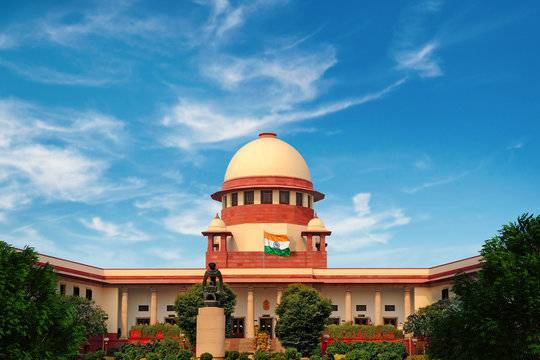
There had been several crucial instances related to human rights which have been heard through the Supreme Court and High Courts in India. Here are a number of the most brilliant instances:
1. Maneka Gandhi v. Union of India (1978): This landmark case related to the right to journey and passport rights. The Supreme Court held that the proper to excursion remote places is a critical proper beneath Article 21 of the Constitution of India and can not be curtailed except thru due system of regulation.
2. Vishakha v. State of Rajasthan (1997): This case related to the sexual harassment of women in the place of job. The Supreme Court laid down hints to prevent sexual harassment in the place of job and diagnosed sexual harassment as a contravention of essential rights beneath Articles 14, 15, and 21 of the Constitution.
3. Olga Tellis v. Bombay Municipal Corporation (1985): This case associated with the proper to livelihood for pavement dwellers in Mumbai. The Supreme Court held that the right to livelihood is a vital proper under Article 21 and can not be taken away arbitrarily.
4. Naz Foundation v. Government of NCT of Delhi (2009): This case associated with the decriminalization of homosexuality. The Delhi High Court struck down Section 377 of the Indian Penal Code, which criminalized consensual homosexual acts among adults, as unconstitutional and a contravention of critical rights.
5. PUCL v. Union of India (2002): This case pertains to the proper to food and starvation deaths. The Supreme Court directed the government to place into impact diverse schemes and programs to make certain that each citizen has get right of get proper of entry to to to meals and that no person dies of starvation.
Peoples Union for Civil Liberties (PUCL) v. State of Maharashtra (2014): This case associated with police encounters and extrajudicial killings. The Bombay High Court directed the authorities to set up a very particular investigative organization to analyze all instances of police encounters and in addition-judicial killings in Maharashtra.
These instances have performed a important characteristic in shaping the jurisprudence of human rights law in India and feature had a significant impact on the safety of human rights.